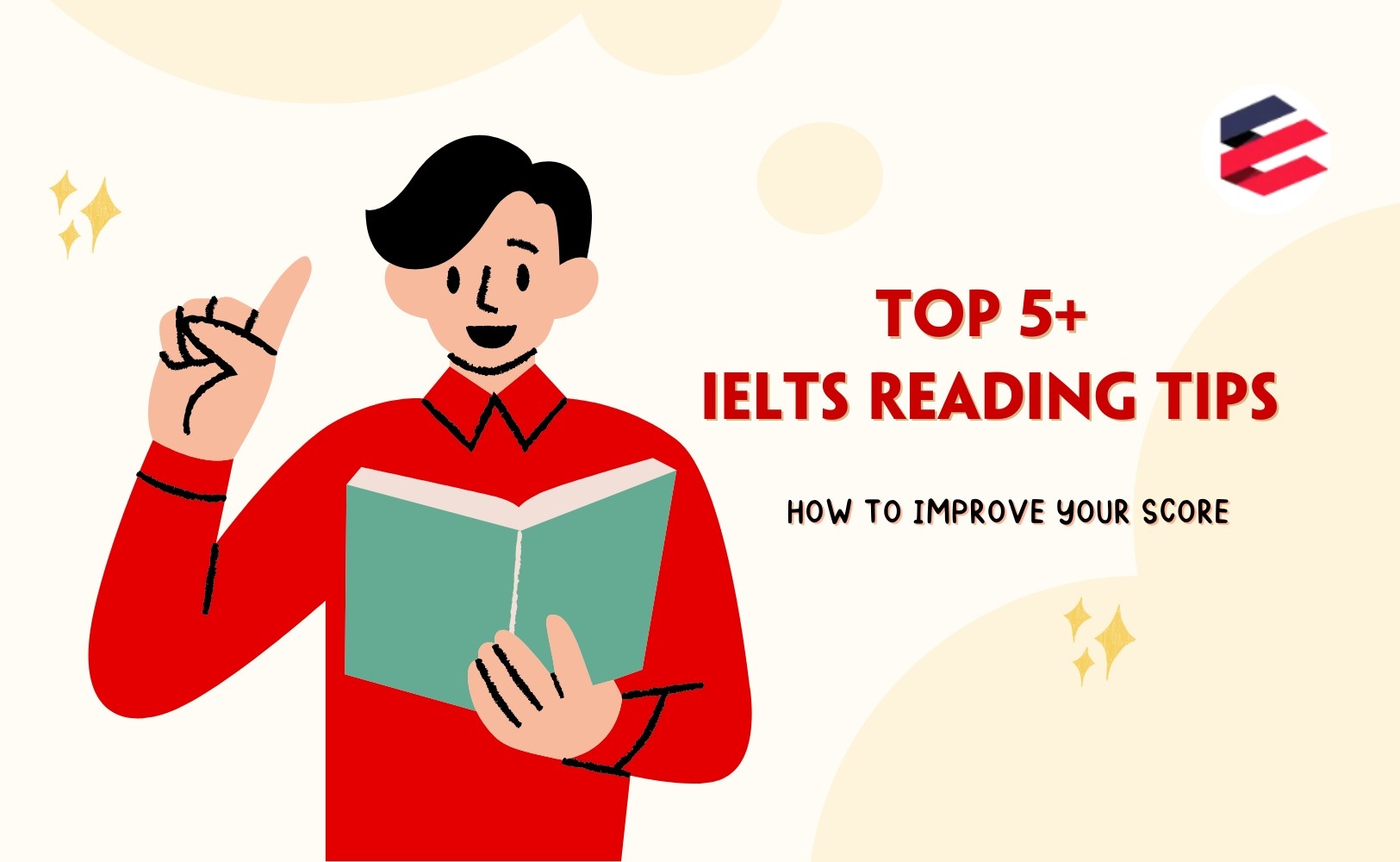IELTS, which stands for the International English Language Testing System, is a globally recognized English language proficiency test. The Reading section of the IELTS exam is designed to evaluate a candidate’s ability to understand and interpret written texts.
Scoring well in the IELTS Reading section is crucial for achieving a high overall band score. It requires not only strong reading skills but also effective time management and strategy.
IELTS Reading
The IELTS Reading section consists of three passages that vary in difficulty. These passages are taken from newspapers, magazines, journals, and books. Candidates are required to answer a series of questions based on the content of the passages. The questions may include multiple-choice, matching information, True/False/Not Given, and sentence completion.
To excel in the IELTS Reading section, candidates should practice reading a variety of texts in English regularly. This will help them improve their reading speed and comprehension skills. Additionally, familiarizing themselves with the different question types and strategies for answering them can also be beneficial.
It is essential for test-takers to manage their time effectively during the IELTS Reading section. Each passage is timed, and candidates must ensure they allocate enough time to read and answer the questions for each passage. Skimming and scanning techniques can be useful in quickly locating relevant information within the text.
Furthermore, candidates should pay attention to keywords and phrases in the questions that will help them identify the relevant sections of the passage. It is crucial to read the instructions carefully and understand the requirements of each question type to provide accurate responses.
In conclusion, success in the IELTS Reading section requires a combination of strong reading skills, effective time management, and strategic approach. By practicing regularly, familiarizing themselves with the question types, and employing appropriate techniques, candidates can improve their performance in this section and achieve their desired band score.
